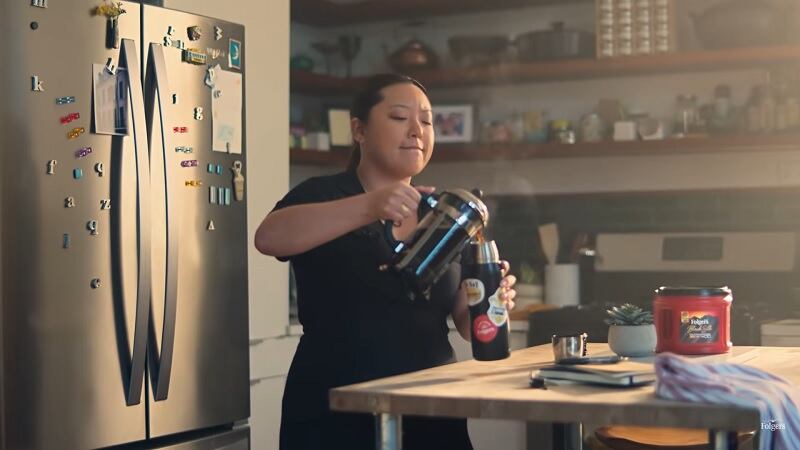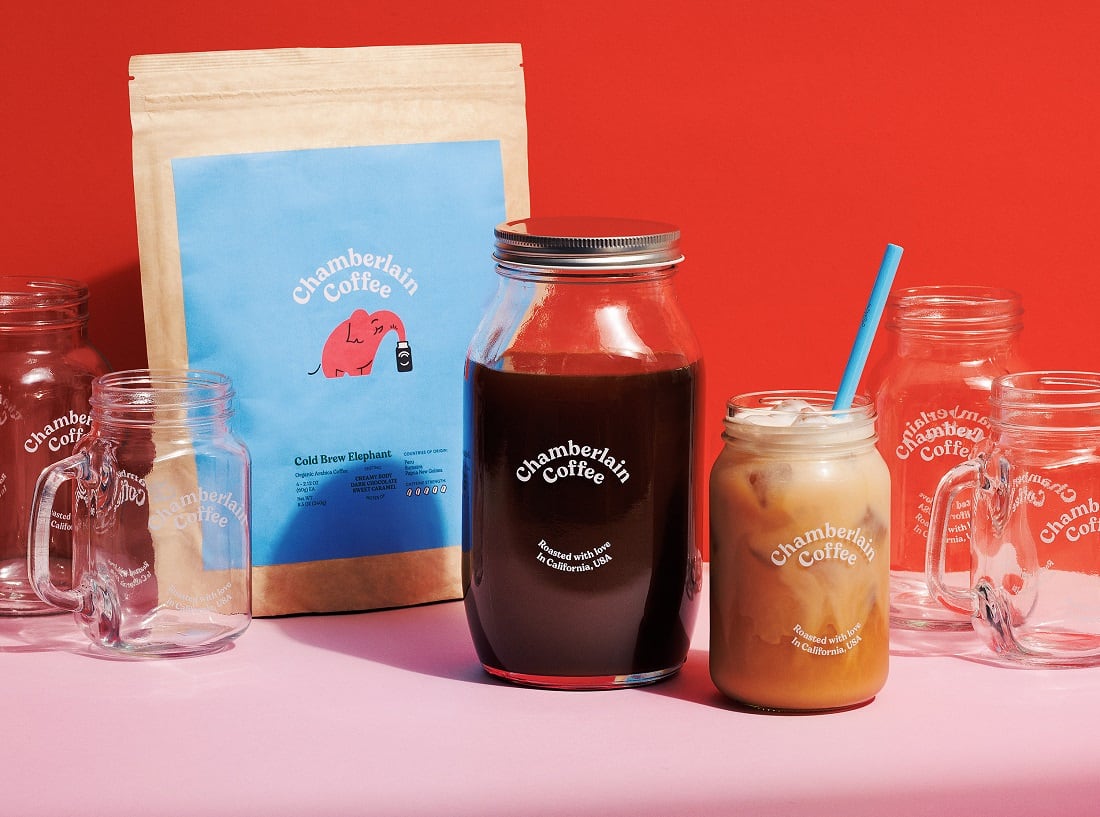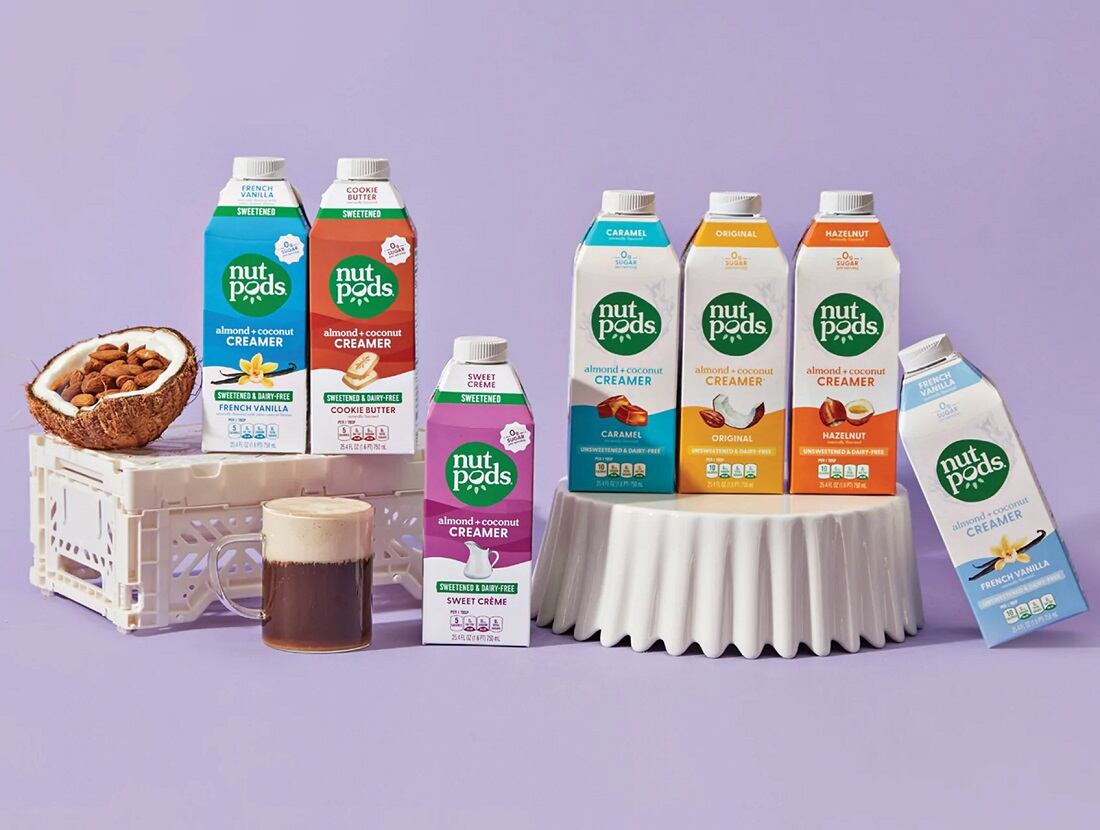Third-wave coffee, characterized by 'craft' brewing techniques and a hyper-focus on quality, has dominated the coffee scene since it first became popular in the late 2000s/early 2010s following the rise of coffeeshop chains such as Starbucks that introduced US consumers to lattes, cappuccinos, and other specialty coffees drinks, said Mintel.
"Third-wave coffee’s focus on quality was, in part, a backlash to the highly flavored, commercialized drinks synonymous with second-wave coffee," writes Caleb Bryant, associate director of food & drink at Mintel.
Now entering a new phase, the fourth wave coffee movement is maintaining some of the keystones of its predecessors but injecting some fun and entertainment into the mix, notes Bryant.
"Fourth-wave coffee will be characterized by cool brews, bottom-up innovation, and a new approach to coffee marketing. Quality will certainly remain important to consumers, and coffee enthusiasts will still treat themselves to pour-over coffee, however, expect to see more brands take a less serious approach to coffee."
Bringing the coffeeshop home
Unlike second- and third-wave coffee, where coffee shops played a central role in consumers' coffee drinking experience, fourth-wave coffee will revolve around the home, according to Bryant.
"Many consumers upgraded their home coffee bars during the pandemic in response to the closure of coffee shops and mandated work-from-home policies."
In fact, Mintel research shows that a third of remote workers own a single-cup coffee brewer (e.g. Nespresso) compared to a quarter of non-remote workers. Additionally, 20% of remote workers own a pour-over coffee set compared to less than 10% of non-remote workers.
"Ownership of specialty brewing equipment along with the decline of commutes (due to an increase in remote work) will empower consumers to craft their own specialty coffee drinks at home, indicating opportunities for retail coffee brands, as well as complementary categories such as coffee additives (eg creamers, flavored syrups) and coffee appliances," says Bryant.
TikTok shapes coffee culture
Instead of coffee shops leading the future of coffee trends, TikTok creators are becoming the major influencing force of US coffee culture.
"'Coffeetok' influencers regularly share their coffee drink recipes, coffee rituals, and their brewing techniques and display their curated coffee bars to a large audience of consumers, many of whom attempt to replicate the drinks they see," notes Bryant.
According to Mintel, 49% of Gen Z consumers learn about coffee and coffee topics on TikTok.
Take Gen Z-focused coffee brand Chamberlain Coffee, for example, which recently closed a $7m funding round. The brand was started by 21-year-old Emma Chamberlain whose 'legendary coffee recipe' video went viral on her YouTube channel sparking a major online following.
"This bottom-up approach (where trends are set by individual content creators rather than established coffee shops) to fourth-wave coffee will challenge coffee shop culture as influencers primarily share recipes for consumers to follow at home," says Bryant, who adds that the rising cost of inflation will increase consumers' demand for home-sourced coffee drinks.
Cold coffee drink innovation
Gen Z coffee drinkers are showing a strong preference for cold coffee drinks with more than three in five Gen Z consumers having ordered a cold coffee drink from a foodservice location in the first half of 2022.
"Fourth-wave coffee drink innovation will primarily revolve around cold coffee beverages," says Bryant.
"Expect to see an increase in new at-home cold coffee drink recipes, new textured cold coffee drinks (e.g. a redux of the sparkling coffee trend), new cold coffee brewing techniques (e.g. flash brewed), and ready-to-drink (RTD) coffee innovation, particularly the rise of functional RTD coffees)."
Coffee at retail and foodservice
Fourth-wave coffee will continue to drive retail coffee sales due the movement's focus on at-home coffee making, according to Bryant.
But it's not a sure bet for all brands, says Bryant, especially those that ignore the strong influence TikTok, YouTube, and other social media platforms are having on coffee consumption habits.
"Retail coffee brands must respond to coffee-related topics that percolate across social media and release products that allow consumers to replicate online trending coffee drinks," he noted.
The same advice goes for foodservice operators, particularly coffee shops, says Bryant.
"Coffee shops must prioritize innovation and act as market trendsetters. At the same time, chains must keep a finger on the pulse of what coffee drinks/topics are growing across social media and be quick to capitalize on any emerging coffee trends."




